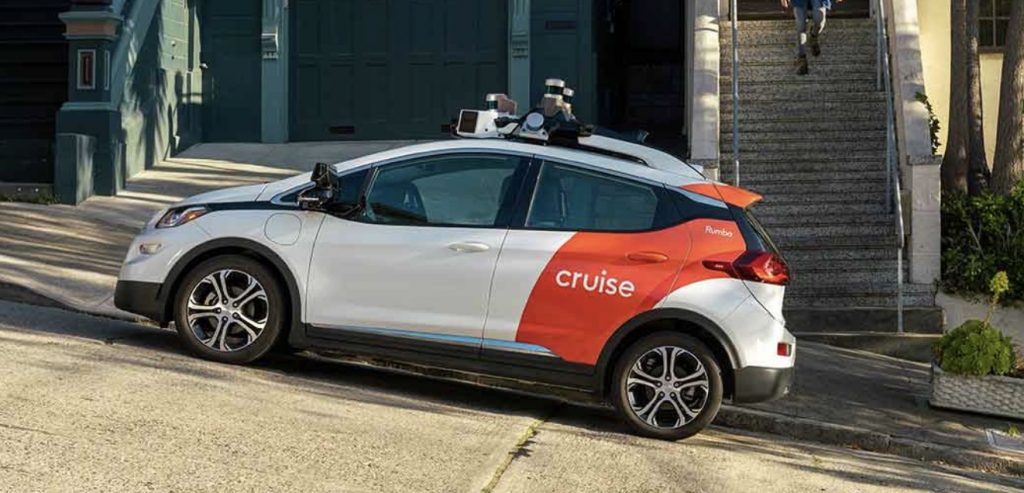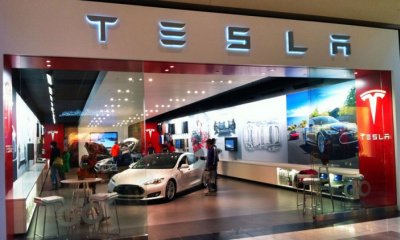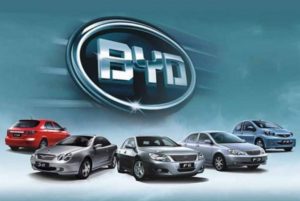
On August 10, Waymo and Cruise were approved to operate their paid robotaxi services 24/7 in San Francisco. That decision was made by the California Public Utilities Commission (CPUC) in a 3-to-1 vote. Members of the public were able to participate in a six-hour public hearing where they voiced their support and opposition to the autonomous vehicles (AVs). That followed several years, and tens of billions of dollars, with several companies investing heavily in developing and testing AVs — with very little hope until this vote passed through.
Waymo, owned by Alphabet, Inc., and Cruise LLC, owned by General Motors, are being allowed to operate their vehicles at any hour of the day throughout the city of San Francisco while charging for the rides. The commissioners urged the companies to address problems and concerns that were raised by San Francisco officials and residents. These issues included AVs blocking roads, causing traffic jams, and getting in the way of emergency vehicles. Commissioner Darcie Houck said that the comments were being taken very seriously in their decision. If further reports came of incidents, the CPUC could vote to limit the number of vehicles allowed on the roads, or companies’ permits could be revoked altogether.
Waymo operates Waymo One with 24/7 across 225 square miles of the Metro Phoenix area. Waymo One takes passengers from downtown Phoenix, to Scottsdale, to the East Valley, the company says. Riders can download the Waymo One app and take a ride in an all-electric Jaguar I-PACE, with no human behind the steering wheel.
Way One service started in December 2018.
The World’s Top Selling Plug-in Cars — 1st Half 2023
1. Tesla Model Y — 579,552
2. Tesla Model 3 — 279,320
3. BYD Song (BEV + PHEV) — 259,723
4. BYD Qin Plus (BEV + PHEV) — 204,259
5. BYD Yuan Plus EV (Atto 3) — 201,505
6. BYD Dolphin — 158,512
7. Wuling Hong Guang MINI EV — 122,052
8. GAC Aion S — 115,606
9. BYD Han (BEV + PHEV) — 96,437
10. GAC Aion Y — 92,034
In March, AAA published results from its annual AV survey. While survey respondents are open to partially-automated vehicle technology. They’re more apprehensive about fully self-driving vehicles. This year’s study found a major increase in drivers who are afraid, rising to 68% as compared to 55% in 2022. While automakers and their partners have made advancements in AV technologies, improvements will still need to be Mae to build public trust and knowledge about the technology, AAA said.
Source: InsideEVs
While the Tesla Model Y crossover SUV and the Tesla Model 3 small sedan are well known in the US market, here’s a look at the other top-selling electric vehicles in the global market — with Chinese maker BYD playing a major leading role………..
- The BYD Song (a Chinese name, after the Song dynasty) is a series of compact crossover SUV developed by BYD Auto.
- The BYD Qin (pronounced “Chin”) is a compact sedan, available as an all-electric car, as a plug-in hybrid, and as an internal combustion engine vehicle.
- The BYD Yuan is a subcompact crossover SUV, slotting below the BYD Song compact crossover. It is part of BYD’s “Dynasty Series” of production vehicles, and is named after the Yuan dynasty. It’s selling as the BYD ATTO 3 in Europe.
- The BYD Dolphin is a battery electric hatchback produced by the Chinese manufacturer since 2021. A subcompact (B-segment) hatchback in its home country, the Dolphin is positioned above the Seagull in the Chinese market and part of BYD’s ‘Ocean Series’. It’s been exported to overseas market such as Europe, Australia, and Thailand since 2023 with lengthened dimensions to satisfy more stringent crash safety standards, and placing it in the compact or C-segment space.
- The Wuling Hong Guang MINI EV is very cheap to buy — about $5,000 new. It’s not available outside of China, and its inspired competitive automakers to make similar models. It will be coming out in a cabriolet and a long-range version.
- The Aion S is a compact electric sedan produced by Aion, a marque of GAC Group. It was unveiled at Auto Guangzhou of 2018. A new version, the Aion S Plus, was shown in 2021.
- The BYD Han is a full-size/executive sedan manufactured by the Chinese automaker, available in an all-electric variant and a plug-in hybrid (PHEV) variant. It is the latest entry of BYD’s “Dynasty” series passenger vehicles, and gets its name from the Han Dynasty, which is considered to be the first golden age of Imperial China.
- The Aion Y is a compact electric crossover SUV produced by Aion, another model from GAC Group, since 2021. It was revealed as a concept at Auto Guangzhou in November 2020.
And in other news………..
Ford’s Farley on EVs: Ford CEO Jim Farley said the company is cutting back on its initial goal of building electric vehicles at a rate of 600,000 per year by the end of 2023. That will be moved into next year. A goal of 2 million by 2026 was delayed without an extension date provided yet, if at all. Ford is losing money on each EV it sells; but the plans are still there overall he said. The company’s plant in Cologne, Germany is ideal for launched the electric Explorer, he said. Another challenge has been delaying vehicle production to investigate thermal propagation, which build in countermeasures around fire. They needed a six-month delay “to get the engineering right,” Farley told NPR.
Nikola recall: Nikola is recalling all the 209 battery-powered electric trucks that had been delivered to customers due to an investigation into recent fires that found a coolant leak inside a battery pack as the cause. The electric and hydrogen-powered heavy-duty truckmaker is contacting all parties about it, the company said. The preliminary findings came from a third-party investigator looking into a “minor thermal incident” on one pack on a parked engineering-validation truck, the company said, adding that no one was injured.

 federal judge overseeing the case. The settlement means that CEO Elon Musk will be stepping down as chairman for three years, and that two new independent directors will be appointed to the board. Musk will be paying $20 million, and Tesla will pay another $20 million, in fines distributed to harmed investors. Musk’s insulting tweet last week on Thursday, mentioning that the SEC is changing its name to “Shortseller Enrichment Commission.”
federal judge overseeing the case. The settlement means that CEO Elon Musk will be stepping down as chairman for three years, and that two new independent directors will be appointed to the board. Musk will be paying $20 million, and Tesla will pay another $20 million, in fines distributed to harmed investors. Musk’s insulting tweet last week on Thursday, mentioning that the SEC is changing its name to “Shortseller Enrichment Commission.” China-based plug-in electrified vehicle manufacturer BYD has become
China-based plug-in electrified vehicle manufacturer BYD has become